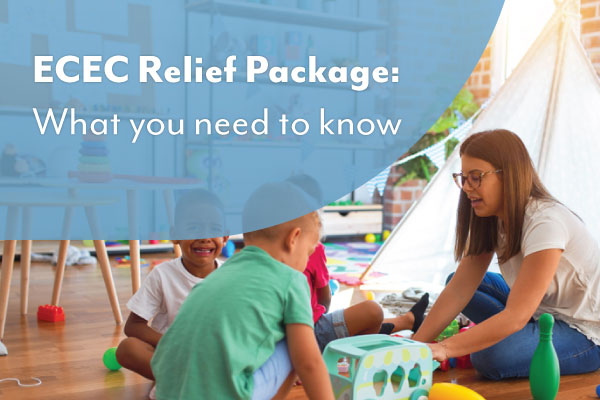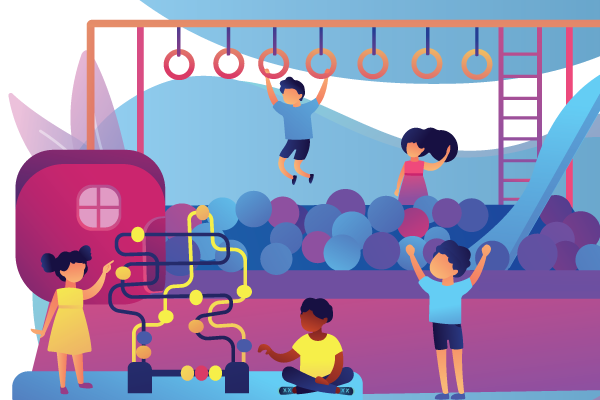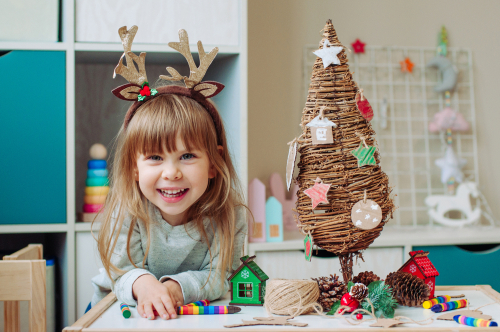Separation anxiety in children is a normal part of development. While it doesn’t affect all children it can be pretty common, and if you’re working in early childhood education you might come across varying degrees of separation anxiety in children as young as babies right through to primary school age.
It might sound daunting, but there are some clear and practical ways to deal with separation anxiety in children so that you can ease them into the day and help them get on with the good stuff.
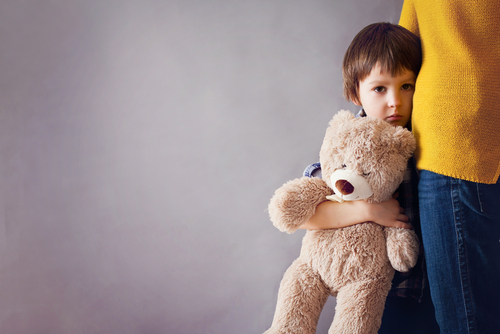
Easing separation anxiety in children
1. Talk to parents
The first thing to do if you’re worried about a child’s separation anxiety is to begin by speaking to the child’s parents. Communicate with them to share ideas that will help you come up with a positive plan together. Working with the children’s parents is a great way to ensure your method is consistent and that the child feels supported by those they love most.
2. Forecast what’s coming next
Transitions are often challenging for children – heading inside after playing outdoors, packing up the toys after lunch and arriving or leaving might just feel a bit too overwhelming.
Preparing children for what’s coming next is useful in many situations and an effective way to ease separation anxiety. Get parents involved and emphasise the importance of talking children through what’s going to happen, from walking in the doors to hanging their bag and then giving mum or dad a kiss, cuddle and wave.
3. Practice your goodbyes
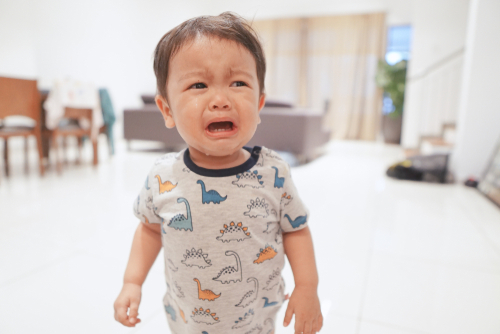
Goodbyes are a real trigger point for separation anxiety, and rehearsing goodbyes can be a clever way of helping children practice for the real drop off. Encouraging parents to try this at home before arrival can help kids get a good grip on the routine and minimise anxiety.
Remember: it’s important for parents to always say goodbye. Some parents find it distressing to see their child upset and may try to sneak away while the child is distracted. This is not a long-term fix – once the child realises their parent is missing, they may become even more upset.
Saying something like ‘goodbye and see you soon’ is a really good way for parents to reassure their kids that they’ll be coming back later, and in the meantime the child can relax.
4. Don’t drag it out
While we do recommend that parents say goodbye, they also shouldn’t drag it out. ‘One more hug’ often ends up as ten more hugs and can prolong the farewell process instead of enabling children to move on with their day.
5. Create a routine
Routine encourages feelings of preparedness and security. On days when children are coming to childcare or kinder, encourage families to start the day with a familiar process. You can be consistent as a child care professional too – a great trick is showing a child to their favourite activity when they arrive each time, or reading a quick story before they leave at the end of the day.
6. Leave a special token
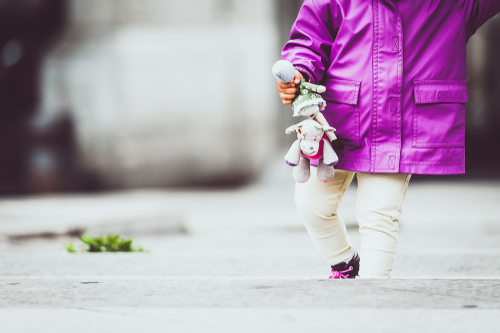
A comforter is commonly used to help children feel safe and can be used to support a child experiencing separation anxiety. This transitional object should be small, safe and simple – something to go in the child’s pocket or bag, or even something to wear like a favourite garment or badge.
7. Encourage a mindful reunion
When parents collect their children, encourage them to reunite in a way that is comforting and reassuring to the child. A hug and some time to find out about each other’s day is a wonderful addition to any pick-up routine.
Be patient and you’ll see results
While it may seem to resolve, don’t be surprised if you haven’t seen the last of separation anxiety in children. It can pop up again during times of stress, illness or change.
If your strategies don’t prove successful after a longer period of time you might like to try suggesting that the parents consider a psychology professional to help guide them through this stage of development.
Separation anxiety in parents

Just as kids can get anxious, so can parents! You may find parents experiencing anxiety around leaving their children, and as a childcare professional you can keep your eye out for signs and assist parents to feel more at ease.
The right training to build resilience
Our trainers at Selmar are experienced in teaching new learners and current educators how to build resilience in children.
If you’re keen to learn more, get in touch.
